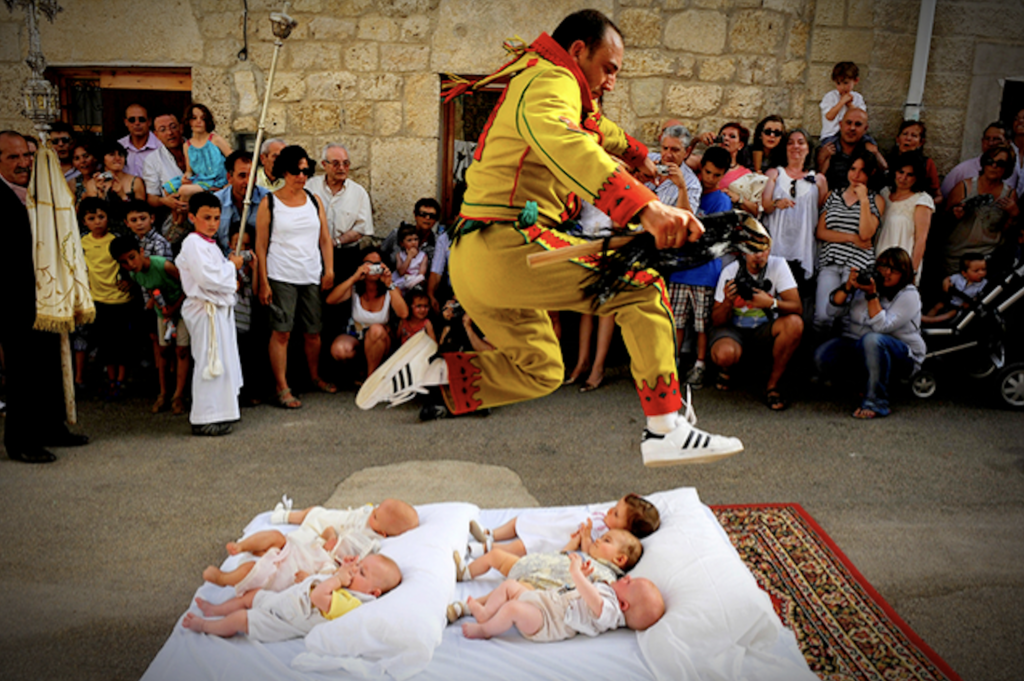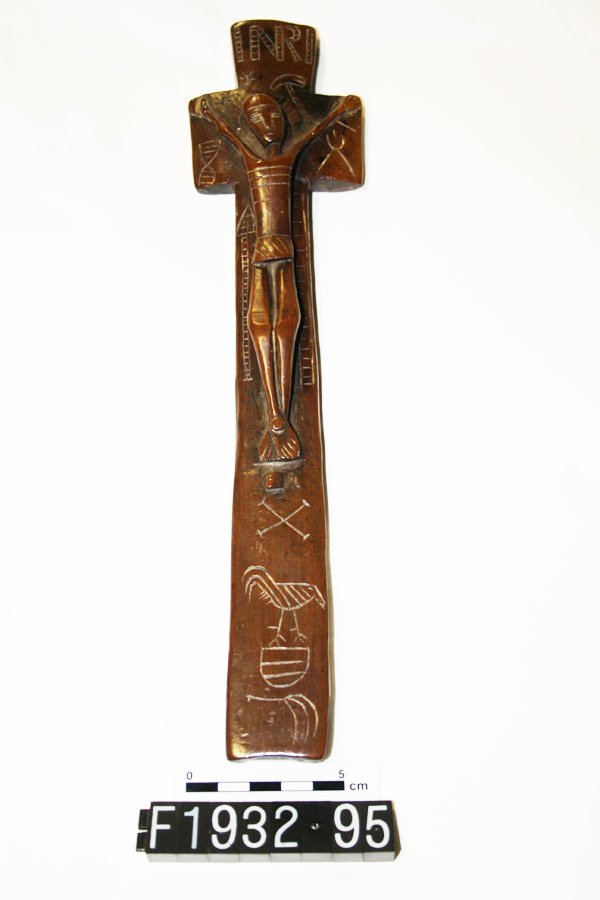
Matthew 27
24 So when Pilate saw that he was gaining nothing, but rather that a riot was beginning, he took water and washed his hands before the crowd, saying, “I am innocent of this man’s blood; see to it yourselves.” 25 And all the people answered, “His blood be on us and on our children!” 26 Then he released for them Barabbas, and having scourged Jesus, delivered him to be crucified. 27 Then the soldiers of the governor took Jesus into the governor’s headquarters, and they gathered the whole battalion before him. 28 And they stripped him and put a scarlet robe on him, 29 and twisting together a crown of thorns, they put it on his head and put a reed in his right hand. And kneeling before him, they mocked him, saying, “Hail, King of the Jews!” 30 And they spit on him and took the reed and struck him on the head. 31 And when they had mocked him, they stripped him of the robe and put his own clothes on him and led him away to crucify him.
In an article in Nature, authors Lee and Schwartz argue that the act of physically washing one’s hands seems to have psychological effects on human beings. They write:
Hand washing removes more than dirt—it also removes the guilt of past misdeeds, weakens the urge to engage in compensatory behavior, and attenuates the impact of disgust on moral judgment. These findings are usually conceptualized in terms of a purity-morality metaphor that links physical and moral cleanliness; however, they may also reflect that washing more generally removes traces of the past by metaphorically wiping the slate clean. If so, washing one’s hands may lessen the influence of past behaviors that have no moral implications at all.
They continue:
…the psychological impact of physical cleansing extends beyond the moral domain. Much as washing can cleanse us from traces of past immoral behavior, it can also cleanse us from traces of past decisions, reducing the need to justify them. This observation is not captured by the purity-morality metaphor and highlights the need for a better understanding of the processes that mediate the psychological impact of physical cleansing. To further constrain the range of plausible candidate explanations, future research may test whether the observed “clean slate” effect is limited to past acts that may threaten one’s self-view (e.g., moral transgressions and potentially poor choices) or also extends to past behaviors with positive implications.[1]
Well, that is most interesting! Even so, be that what it may, physical washings cannot remove the stain sin. And yet, symbols are powerful, and they can be used for good or ill.
Our text is filled with symbols, one futile, one pernicious, but both corrected by the higher realities of the Kingdom to which they unwittingly point.






